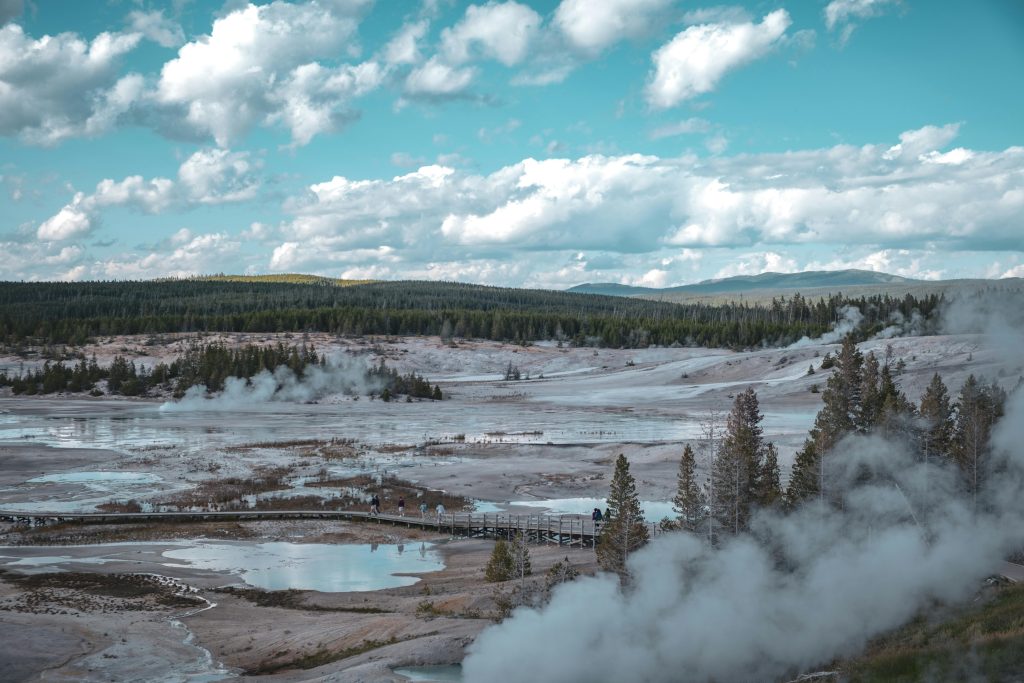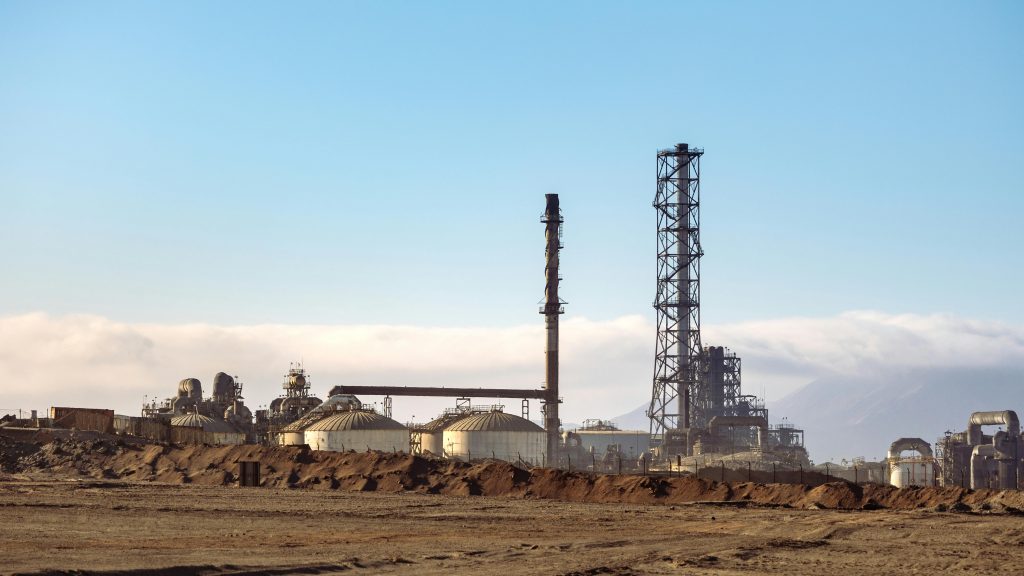Mining activities in Nigeria have long been associated with environmental degradation. From illegal gold mining in the Niger Delta to large-scale coal mining in the north, the environmental consequences are significant. Soil erosion, deforestation, water contamination, and air pollution are common outcomes of poorly regulated mining activities. As the mining sector grows, addressing these environmental issues has become increasingly urgent.

Illegal mining is a major cause of environmental destruction in Nigeria. Artisanal miners, for example, often use mercury in gold extraction, a highly toxic substance that contaminates water sources and harms local ecosystems. Deforestation is another concern, as mining operations clear vast areas of forest, disrupting biodiversity and contributing to climate change. In addition, the uncontrolled discharge of waste into rivers and streams has led to the contamination of water supplies for both humans and wildlife.
The federal government has recognised these issues, and efforts are underway to promote more sustainable mining practices. In 2022, Nigeria signed the Paris Agreement on climate change, committing to reduce carbon emissions, which includes addressing the environmental impact of mining. The Nigerian Mining and Minerals Act also mandates the rehabilitation of mining sites, though enforcement of these regulations remains inconsistent.
Globally, there are examples of sustainable mining practices that Nigeria could emulate. In Australia, for instance, the mining industry has invested in technologies that reduce environmental damage, such as automated equipment that minimizes soil disruption. Nigeria could benefit from adopting similar technologies, as well as implementing stricter environmental standards.

One promising development is the increased focus on the role of corporate social responsibility (CSR) in mining. Companies involved in large-scale mining in Nigeria are starting to integrate environmental sustainability into their business models, recognising that long-term profits depend on protecting the environment. By adopting green mining techniques, companies can improve their reputation and meet international standards.
In conclusion, the environmental consequences of mining in Nigeria are severe, but with the right regulatory framework and technological innovations, the country can develop a more sustainable mining industry. Ensuring that mining is both economically viable and environmentally responsible should be a priority for the government and the private sector alike.

